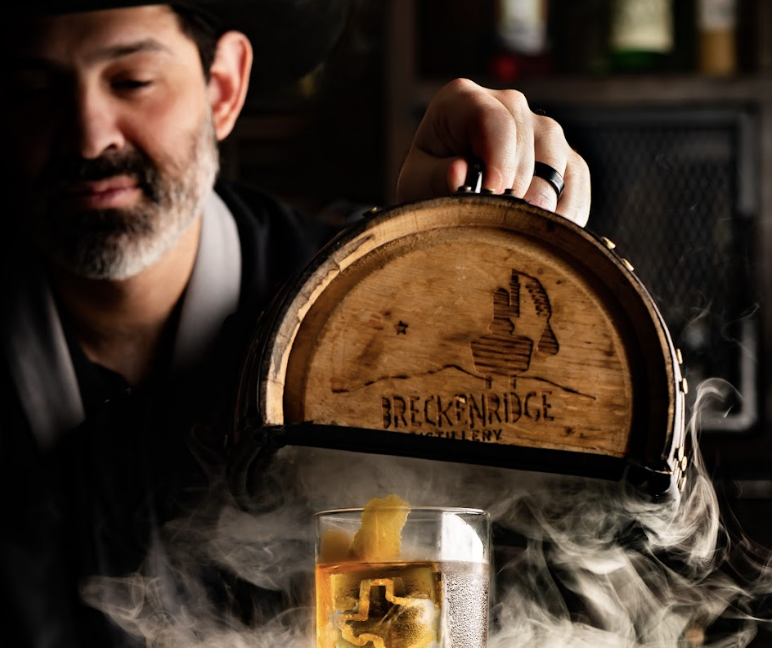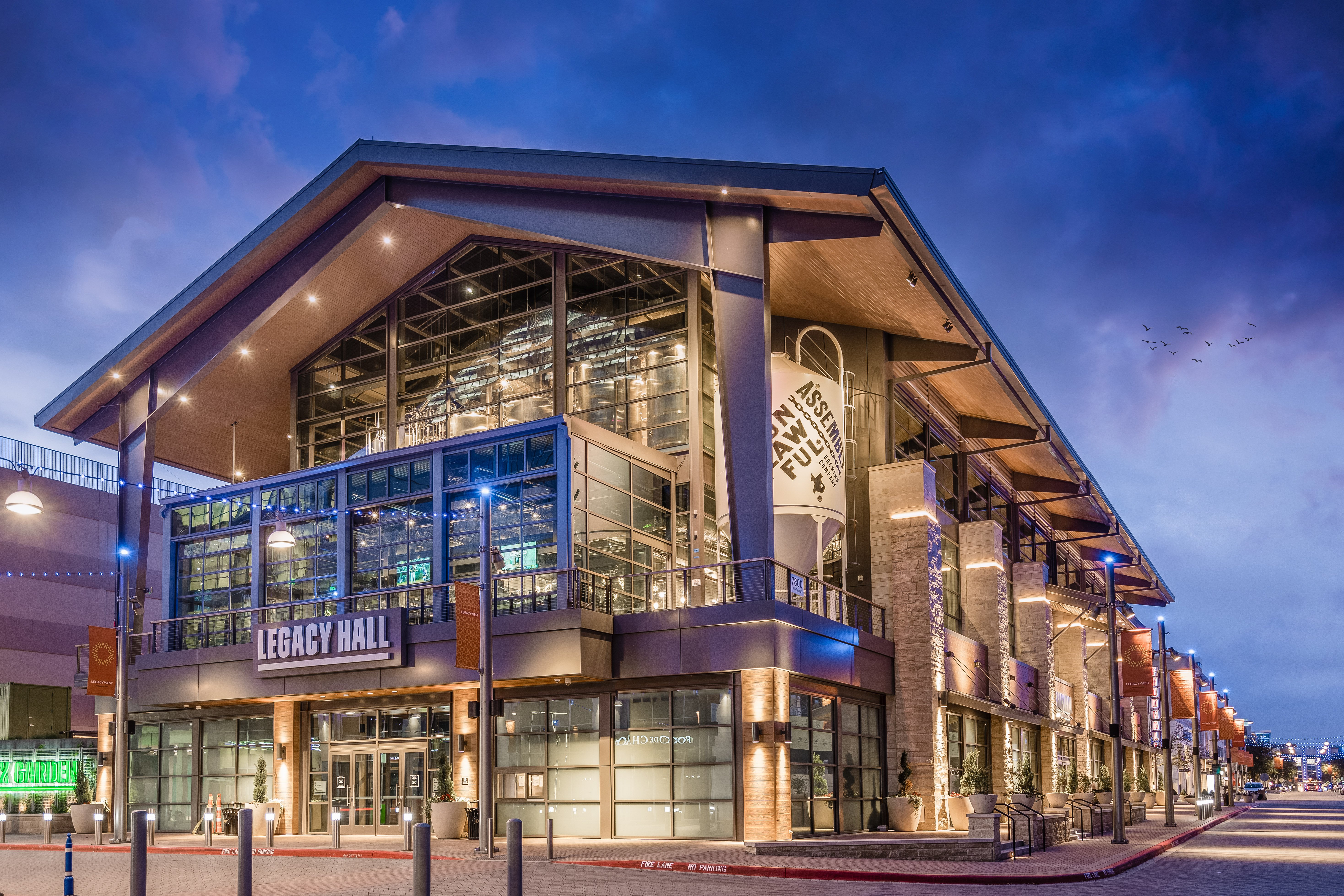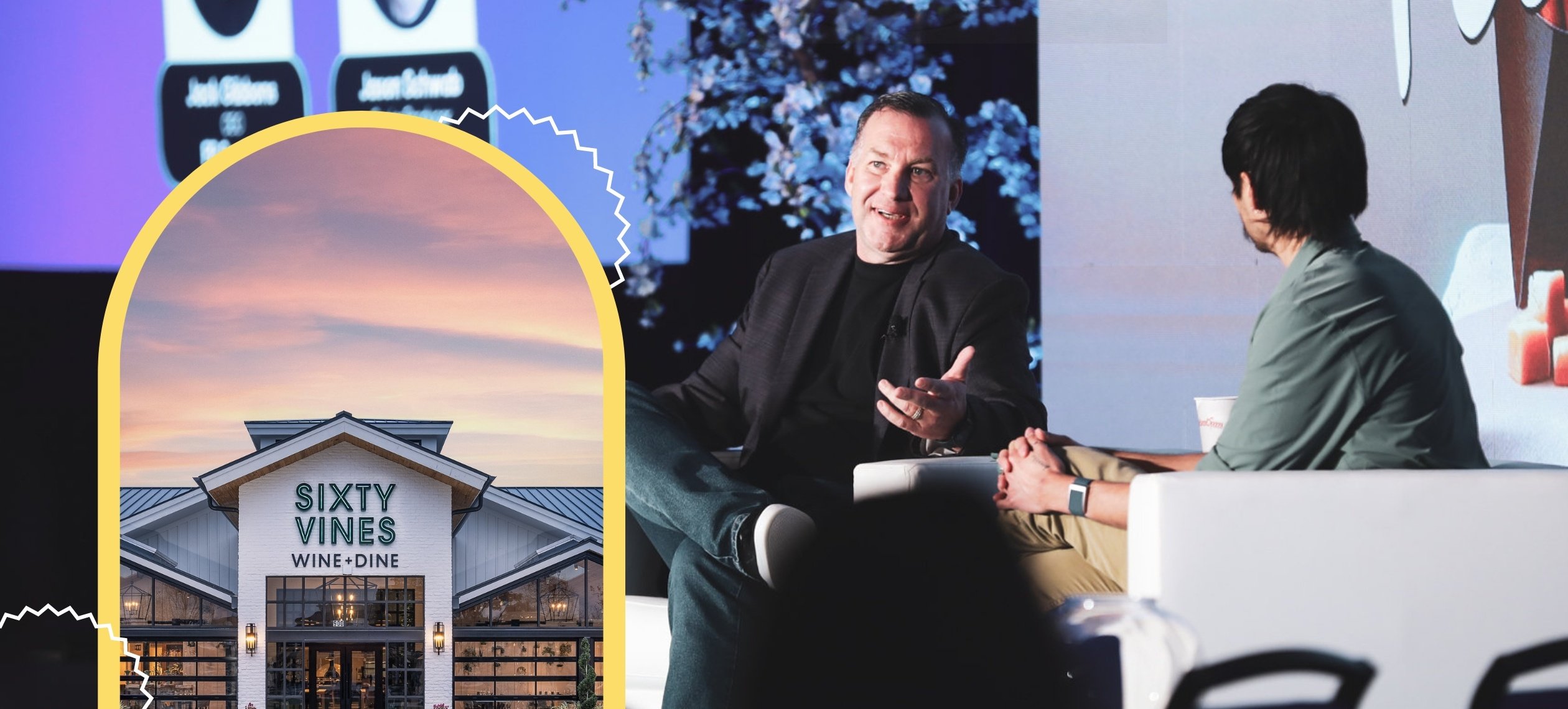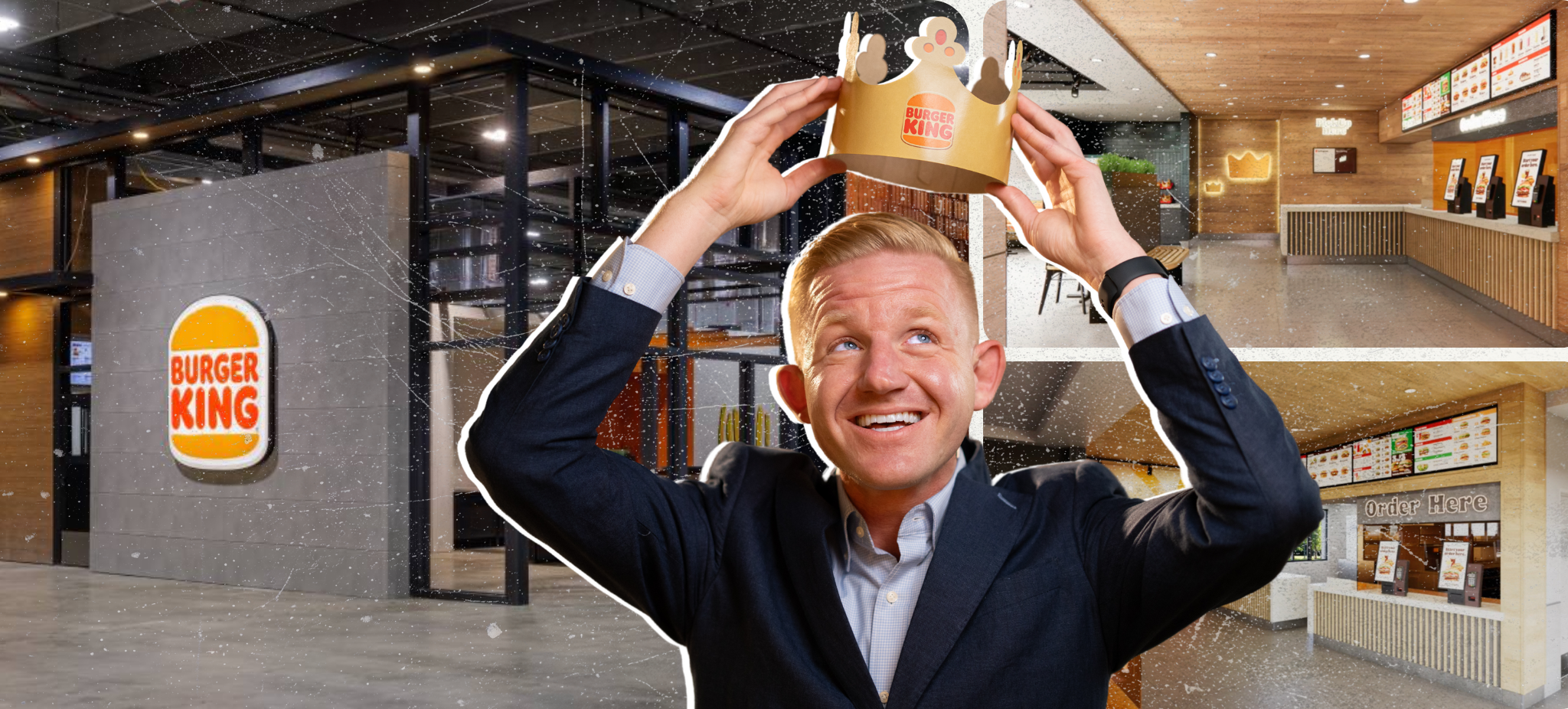Jack Gibbons is a restaurant industry lifer. He got his start in the business over 40 years ago as a server at Pappas Restaurants. He worked his way up to Chief Operations Officer, before eventually launching FB Society (then Front Burner Restaurants), a restaurant incubator, in 2008.
“I’m never going to retire,” he said at RestaurantSpaces. “This is just too much fun.”
More than an industry veteran, Gibbons has a real knack for coming up with concepts that resonate with guests, the proof of which can be seen across FB Society’s portfolio of brands. By the end of 2024, the company will have 42 restaurants under its belt, signaling its biggest year yet for existing brand growth.
Having first spoken at RestaurantSpaces in a thought-provoking State of the Industry panel in 2022, we invited Jack back for a fireside chat to get his unfiltered thoughts on where the industry is headed… as well as his take on something all chains are constantly trying to figure out: what makes a guest experience memorable?
Finding Nuance in Value
When asked about the lay of the land, Gibbons highlighted some interesting shifts in segmentation taking place.
“I heard Chili’s the other day advertising $10.95 for a burger, a drink, and fries,” he said. “But a customer will drive by Chili’s and go to a fast-casual [restaurant] and pay $15 for that same thing and wait in line and not get service.”
It highlights the need, Gibbons explained, for a greater depth and breadth in offerings from brands—especially in casual dining. The rise of what he calls “polished casual” concepts will be one area of the industry to watch, attracting customers with an elevated experience still below that of fine dining price points, allowing them to return on a regular basis.
“I don’t think of casual dining as one big lump. Private equity, a lot of the data companies, they put all the casual dining in one lump, but it’s not,” Gibbons said.
At the same time, value is something every chain needs to consider today, no matter the segment. He pointed out that customers were “ravenous” around the beginning of 2023, and “everybody’s same-store sales were positive. Now all of a sudden, everybody’s hit soft sales.” As the customer and economic conditions continue to evolve, chains must respond strategically to differentiate themselves.
“I think the big change today is the customer is starting to really push back on value. If you’re not thinking about value and your executive team is not really putting that into the mix, it’s a big mistake.”
Of course, value is relative, Gibbons pointed out. It could be the unique experience, food quality, or sustenance that appeals to your customers. But if chains don’t hone in on what it is, they’ll risk losing them to the competition.
The Rise of Automation and Tackling Labor Issues
The conversation then veered toward automation. With value becoming more of a consideration for chains amid escalating costs, sourcing challenges, and issues around labor and rising wages, how does Gibbons feel about increasing reliance on robotics as chains seek to offset pressure?
Referring to comments that CloudKitchens CEO and Uber Co-Founder, Travis Kalanick, had made earlier at RestaurantSpaces, Gibbons didn’t hold back on his thoughts around ongoing developments in the industry.
“There’s no way that I could ever imagine a future where you take the sex out of the restaurant,” he said. “It’s so cool to see humans actually making food for other humans. I just think that’s super special.”

Promotional shot from FB Society restaurant, Haywire
The day before, Kalanick had espoused his vision for the future of food service—“the internet food court”—imagining more of an industrialized future where automated food production and delivery eventually supersedes the prevalence of home-prepared meals.
“The sales at supermarkets are so high because people do love cooking at home,” Gibbons said. “I just don’t see the future like that, machines making our food, completely dehumanized.”
Gibbons also made it clear he’s not opposed to utilizing technology in restaurants to augment operations, improve speed of service, and facilitate a better customer experience—as they do in all of their restaurants at FB Society.
A huge part of the problem, he said, is the recent wave of government regulation. Gibbons advocated for more of a concerted effort from the industry, a different focus, and allocation of resources.
“Why don’t we work on training people [and making] skills better?” Gibbons asked.
“We’re taking what the government is giving us in some of these states that have stupid laws. As a group, we’re the largest employer in the United States. Why don’t we push back and get them to have smarter laws that fit restaurants better? Instead, we fold and do stupid things like Flippy [the burger-flipping robot], instead of actually teaching humans how to make gourmet burgers and exceptional products. That’s where I differ from some other people.”
Investing in Talent
Still, building a skilled team that’s passionate about the job can be tricky. One thing Gibbons has found success with is gamifying staff training.
His restaurants utilize a platform that helps companies train and reward employees with custom mobile games—a welcome innovation for a younger and more tech-savvy workforce. Gibbons also uses company data to identify servers who connect best with guests and sell better menu items.
“I call it connections over transitions,” he said. Traditionally hard to quantify, these skills often translate into guests reporting good experiences and returning more often.
Developing great people is also vital outside of restaurant operations. He also relies on remarkable talent for generating great brand ideas.
“It takes an army,” he said. “I think that today it’s a talent game, and I always like to stack the deck with a higher level of talent and surround myself with people way smarter than me.”
Having the Courage to Be Different
When brainstorming brand ideas, Gibbons’ team follows a “DNA” formula: Differentiation, Nuances, and Attitudes. This involves identifying spaces in the food industry where you can differentiate yourself from what’s already out there.
That’s the story behind Texas-based Velvet Taco. In coming up with the concept, Gibbons’s team blended tacos with international cuisine by filling taco shells with flavors from around the world: Indian, American, Cuban, Asian, and Middle-Eastern taste profiles.

FB Society founded the popular Velvet Taco in 2011
“Ironically, our first review, someone came in from the Texas Monthly and called us an abomination to Mexican food,” he said. “But it didn’t matter. People loved it.”
“Doing something different, not trying to be like everybody else is what really made the difference in creating that brand and making it special.”
Experiences Never Imagined
If you had to sum up what ties all of Gibbons’ brand ideas together, it comes back to FB Society’s guiding mission: to create and execute experiences never imagined. That’s the force behind their development of polished casual concepts like Haywire, Sixty Vines, Mexican Sugar, Ida Claire, and Whiskey Cake.
Gibbons is also working on a boutique hotel concept that combines hospitality and food service to create a new and improved travel experience.

FB Society is working on expanding its food halls, like Legacy Hall in Plano, TX
In addition, he’s expanding FB Society’s food hall concept—that started with Legacy Hall in Plano, Texas, and Assembly Hall in Nashville—to NYC. Each food hall has 20+ full-service restaurants and also offers entertainment and live music. “Our food halls will run about a thousand people on a Friday night just to see a band play,” he said.
“It just sort of captures this wild experience that people can enjoy and really have somewhere that their family can come and they can have a little bit of everything.”

Posted by
Chain Restaurants Reimagined.
The Retreat to Reimagine Restaurant Development, Design + Technology.
April 12-14, 2026 | Miami, FL





-Feb-12-2026-04-59-31-5890-PM.png)

-3.png)

-3.png)

Comments